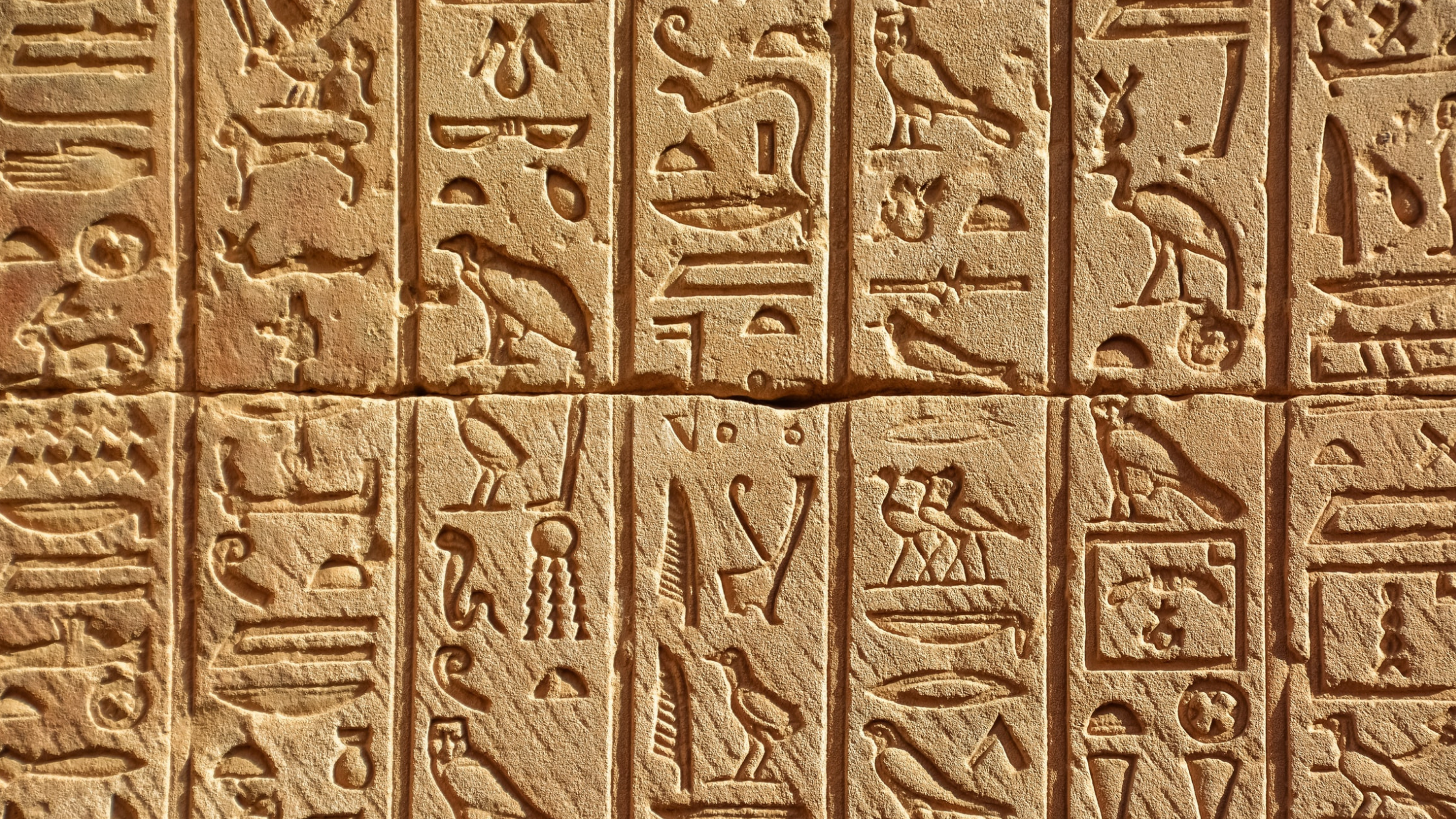For a period of a couple of weeks our DD has been delighting in asking us the same question.
Sometimes it’s with a wily look, thrown into a completely different conversation. Sometimes, it’s at the end of the day before I switch off her light. Recently, she posed the question to Nana over the phone when asked how her schoolwork was going. DD was puzzled by Nana’s question and I suggested she quiz Nana herself. The wording of DD’s riddle slightly changes each time its asked, but the basic format is:
Who came first, Amenhotep or Akhenaten ?
At ages seven and four, there’s plenty of basic skills both children could be better at. Reading, writing, maths are all over the place. Having an example of home education that impresses another is rare for us at the moment. That’s why I’m writing about it. It feels good when DD displays uncommon knowledge.
Having both been brought up in formal education, it is very hard for F and myself to not feel that the kids are ‘behind’. So, it’s a relief to know she’s learning something ‘normal’ and an even bigger relief that she has the opportunity to demonstrate her knowledge. Plus, it allows a small amount of pushback on enquiries about how she’s ‘getting on’. That’s code for; how far behind is she compared to her friends.
I have a degree in classical civilization so I’m delighted DD has shown a fascination in history. The study of history has, I think, a low barrier to entry: you only have to develop an interest in a historical figure or enjoy an adventure story to become immersed in the subject. Historical knowledge makes you sound erudite and, curiously, more aware of the modern world and the way it works. There’s something about knowing where you – or anyone else – come from that give you a critical, knowing eye on where you currently stand.
DD is delighted to ask her riddle and waits with a smile for the response. The first time I heard it, I didn’t know the answer and neither did her mother. In fact, no-one that she has asked knows the answer. So, when DD gives the big reveal, she does so with an even bigger smile. I think it’s her delight in knowing something that I get the most pleasure from rather than the fact that
And who did come first; Amenhotep or Akhenaten ?
They are the same person. Pharaoh Amenhotep IV was an Eighteenth Dynasty ruler of Egypt from around 1353 BC. In the fifth year of his reign he changed his name from Amenhotep (meaning “Amun is satisfied”) to Akhenaten (meaning “effective or useful for the Aten”) in honour of the god Aten the singular worship of whom he tried to introduce into the polytheistic world of ancient Egypt.

